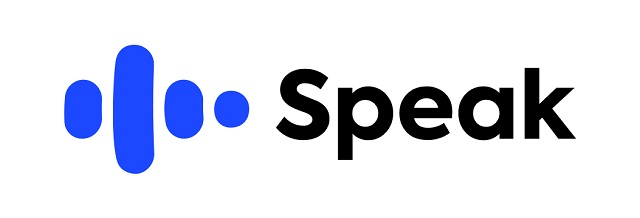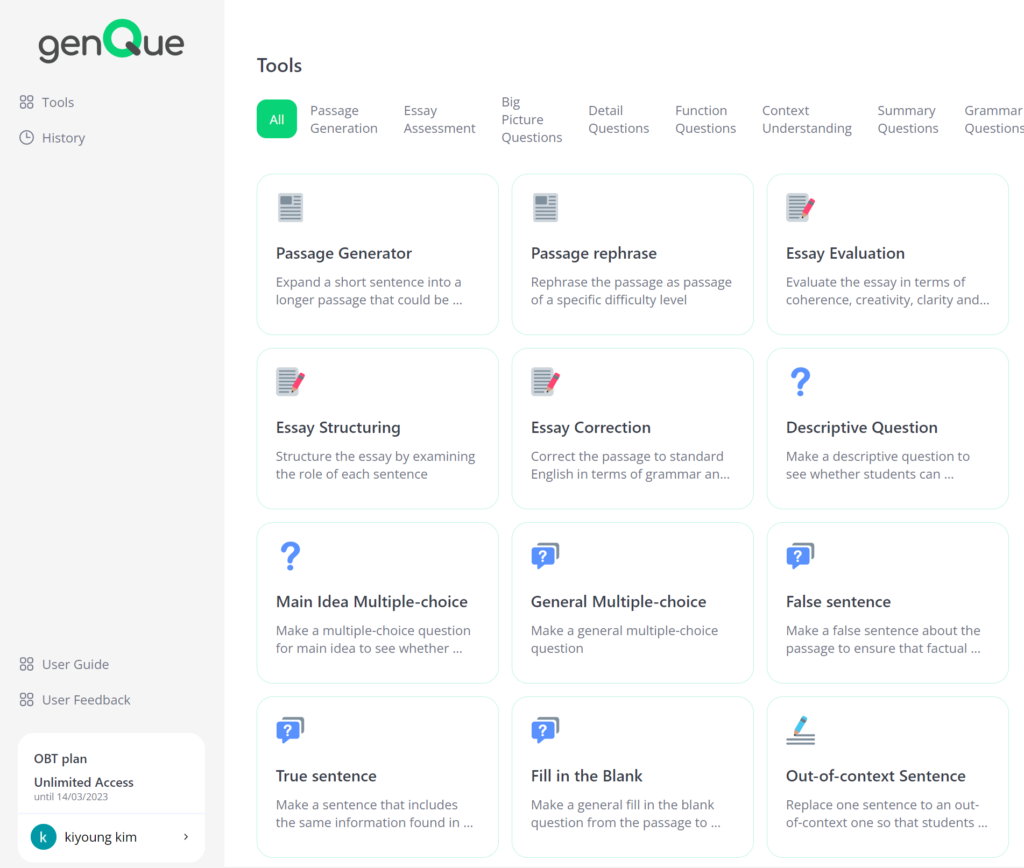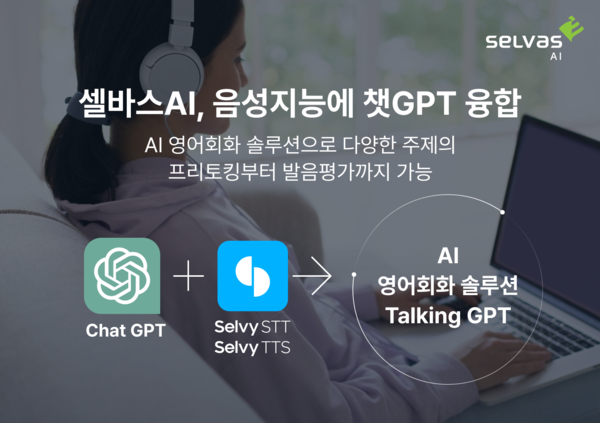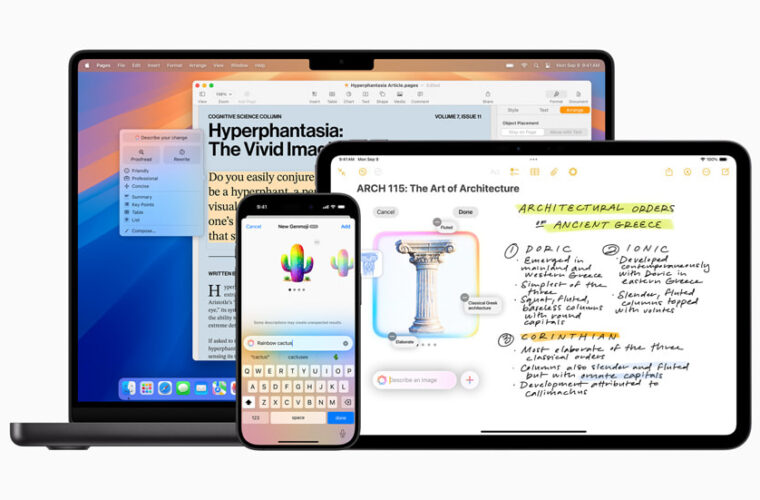Since its release in November 2022, we often hear that Open AI’s generative artificial intelligence chatbot ChatGPT has brought many changes in our lifestyle. Some use the tool to gain information or inspiration, while several companies see the tool as a business partner, especially for language learning.
Here are some examples of startups using ChatGPT to launch a new language learning project or step up their business in South Korea.
Selvas AI: Talk with “Talking GPT”
On May 30, Selvas AI, an edu-tech startup headquartered in South Korea, officially launched an English conversation tool, “Talking GPT”.
Coupling ChatGPT with voice recognition technology, the company’s tool can turn what users say in voice into text, input the text on ChatGPT, and vocalise the tool’s written messages, recreating a vocal conversational experience between humans. If users select the “Get a Question” option, the tool automatically generates a question to continue their conversation.
Compared to other English learning tools powered by ChatGPT — which mostly follow a limited number of existing scenarios — Talking GPT can respond to any topic that users suggest. The company said in its press release that users could feel like talking to “human tutors” on Talking GPT.
Yoon Jae-seon, the lead of the voice recognition project at Selvas AI, said that while many attempts to use ChatGPT are being made across fields and industries, combining it with a more interactive system like voice recognition may be “essential”.

Speak: GPT-4-Based English Tutor
Before ChatGPT-4, users could only talk with the chatbot in English, which worked as a barrier for many users and led to the active use of automated, third-party translators.
However, with the recent update providing more local language options, not only do the users have to forget about auto-translators, but they also can compare the original messages of the tool with the messages written in their local language. What’s more, the chatbot is said to understand contexts and nuances of conversations in any language better than auto-translating tools, which can improve the quality of requested translations or provide helpful feedback to human-translated writings.
English learning app Speak is one of the fastest-growing apps in South Korea, backed by GPT-4. Since its application of GPT-4 in March, the app was downloaded over 600,000 times within the first two weeks since its update and recorded over 3 million downloads in total.
Silicon Valley-based startup Speakeasy Labs, the developer of Speak, says that the app can recognise and analyse what users say in voice within 0.1 seconds. It can respond to inputs based on situations, contexts, and speaking tones, reconstructing a human-to-human conversation. The app also can give instant feedback on misused words or grammar and even awkward expressions in English.
Partnered with Open AI, Speakeasy Labs was able to develop its app around GPT-4 two months before the chatbot’s update, according to reports. In March, Speakeasy Labs also announced a Series B round of US$27 million led by the OpenAI Startup Fund and Founders Fund.

genQue: AI-Generated Learning Materials
In February, Korean edu-tech startup Artificial Society launched the beta version of its English learning service “genQue”. genQue is an online platform backed by ChatGPT, automatically producing English reading materials and corresponding quizzes.
The company defines genQue as an ultra-personal content generator that offers 17 different types of content, from auto-generated reading materials to essay or multiple-choice questions. Users of this tool can reduce time and any other costs in finding good class materials as the AI-made content is free from copyright issues.

Future of English Education With the Help of AI
Kim Jung-Tae, professor at the Department of Global Business at Pai Chai University, says that AI enables people to receive more personalised education, customised to their needs and progress. He added that the focus of education is now pivoting from finding answers to given questions to making up own questions and getting answers to them.
Despite such advantages, Prof. Kim thinks ChatGPT-enabled English learning tools cannot replace human teachers. “It is because artificial intelligence cannot replace human interaction – there is no emotional communication at all between AI teachers and learners,” he said. “What we need now is a good teacher who can use AI technology well.”



